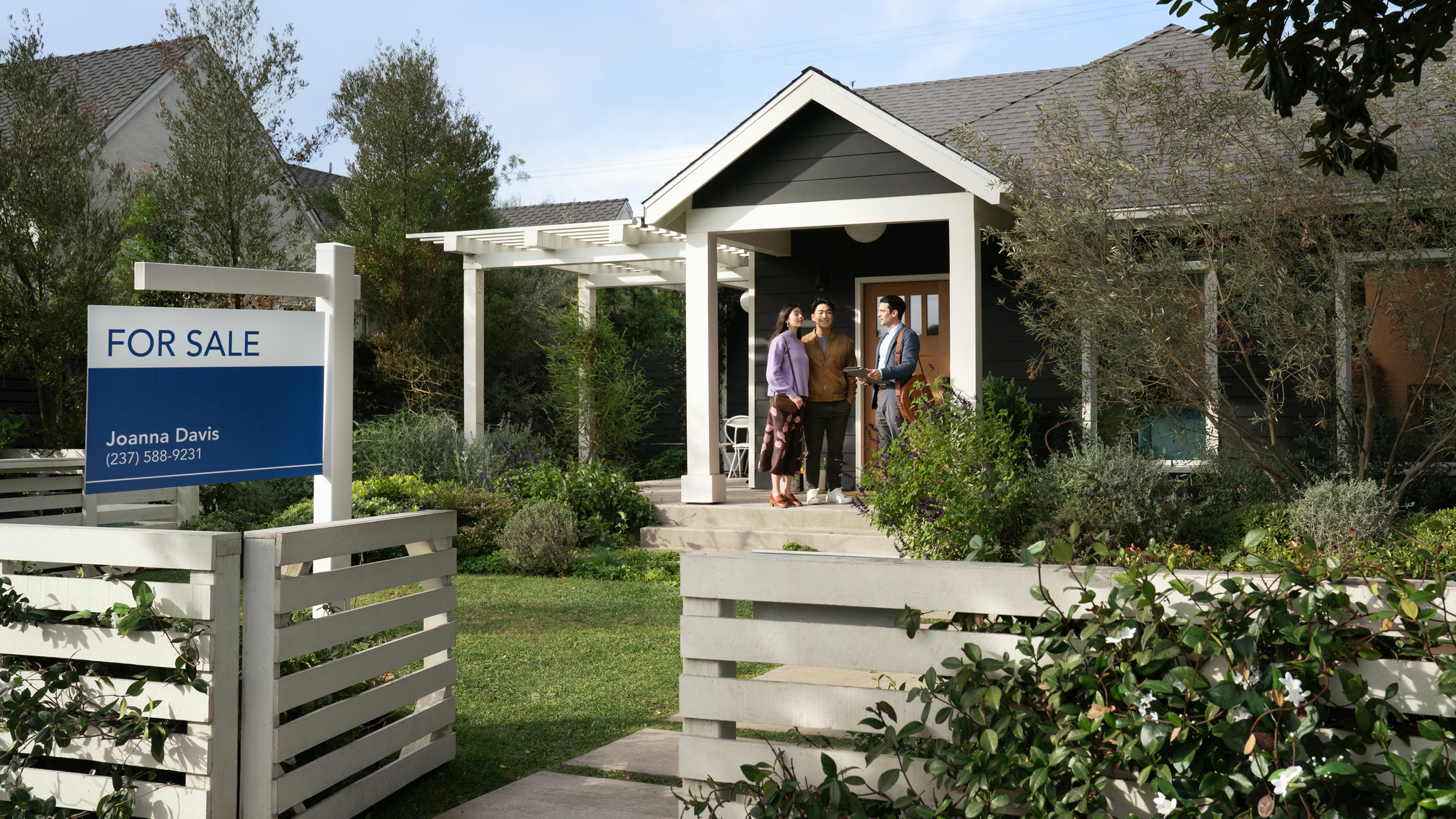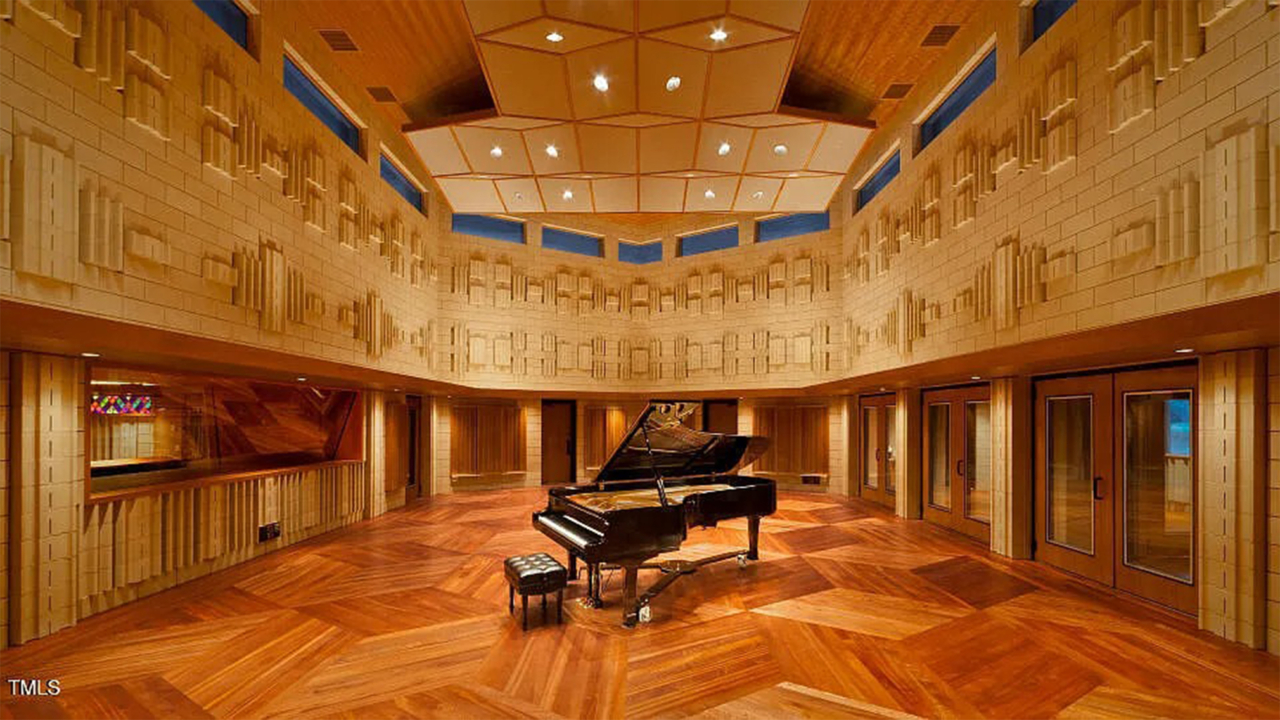What Is House Hacking and How To Get Started
House hacking can make home ownership more affordable. Here are five house hacking strategies to become a homeowner.


Written by Susan Kelleher on July 23, 2025
“House hacking” — the practice of renting out part of your home to generate income — is becoming increasingly popular, especially among younger buyers looking for ways to make home ownership more affordable.
Previous Zillow® research found that interest in house hacking has exploded among younger buyers: 55% of Millennial and 51% of Gen Z homebuyers surveyed in 2023 said it’s very or extremely important that they have an opportunity to rent out part of their home for extra income while living in it. For all homebuyers, the share was 39%, up 8 percentage points in the past two years.
And the trend isn’t just a one-off. Buyers’ interest in renting out all or part of their homes either now or in the future has grown steadily over the past five years, a period in which home values have bounded upward. For those looking for a way to make home ownership more affordable, house hacking could be one way to do that.
Why is house hacking becoming popular?
House hacking is growing in popularity because it's a relatively easy way to reduce the financial burden of owning a home. With the rise in housing costs, house hacking can free up money for other things that would otherwise go toward a mortgage. In some cases, house hacking also can help you qualify for a mortgage you might not otherwise be able to get without the extra income.
How is house hacking taxed?
As a landlord who shares your home with a roommate or renter, you could get tax breaks beyond those afforded to homeowners. For instance, landlords are allowed to deduct the cost of repairs, maintenance and depreciation for the part of the home that’s rented and a share of property taxes, mortgage interest and other expenses. There are, of course, tax consequences related to the additional income you’d be collecting as well as when you sell your home, so be sure to talk to a tax advisor.
House hacking strategies
The number of ways you can generate income from your home seem to grow every year. For example, some people rent out their pools, driveways or even backyards. Other house hacking strategies include:
- Renting out a room or rooms to short-term or long-term tenants
- Renting out a finished basement or converting the basement into a separate living quarters.
- Converting the garage into a finished bedroom or studio apartment
- Renting out a detached Accessory Dwelling Unit (ADU) on your property
- Buying a duplex, triplex or four-plex and living in one unit while renting out the other(s).
The strategies available to you will depend on zoning rules and other local restrictions, such as those from an HOA.
What kind of loan can I use to hack a house?
FHA loans, VA loans, and Freddie Mac’s Home Possible program offer multifamily unit home loans with flexible qualification requirements and low down payment options (0% for VA, 3% for Home Possible, 3.5% for FHA).
The only caveat is that you must live in one of the units as your primary residence. Here’s an example of how house hacking with an FHA loan could work:
Triplex purchase price: $350,000 ($375,000 minus a down payment of $15,000)
Interest rate: 6.8%
Monthly payment: $2,388
In this scenario, the buyer resides in one unit and rents out the remaining two units for $1,400 a month. In this scenario, the total monthly rental income would generate $2,800, netting you a positive $412 after making your mortgage payment.
House hacking FAQs
Do I need to tell my lender that I plan to house hack?
You’re not required to, but it might help in determining how much you can comfortably afford. Some buyers want to purchase the biggest house they can afford and supplement the mortgage with rent from roommates to potentially give them more breathing room in their budget. Others are looking for the lowest monthly payment. It helps your lender to know what your thinking is.
What are the risks of house hacking?
As a landlord you may have to deal with vacancies and tenant turnover, as well as federal, state and local regulations that protect tenants and landlords. Become familiar with the regulations that apply to your home so you have a full understanding of what’s involved, and whether house hacking is a viable path for helping you own and maintain a home. To learn more about what’s involved in being a landlord, check out Zillow’s Rental Manager resources.
A local agent can help you stay competitive on a budget.
They’ll help you get an edge without stretching your finances.
Talk with a local agent


